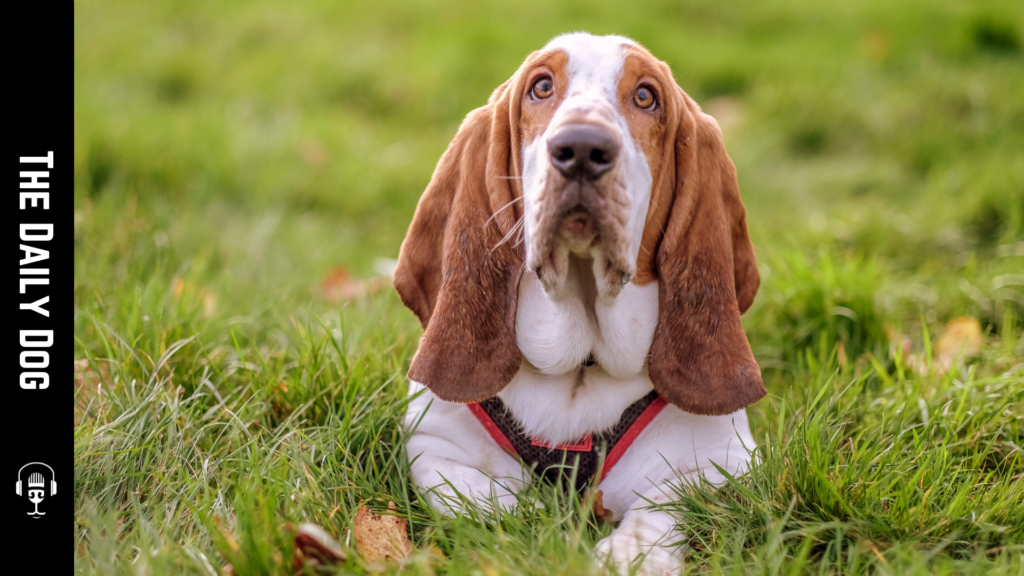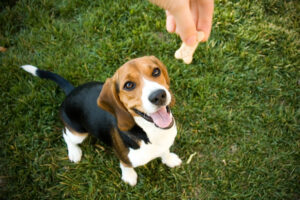The Basset Hound is a breed that captures hearts with its distinctive appearance, charming personality, and unwavering loyalty. Known for their long ears, droopy eyes, and short stature, Basset Hounds are a beloved breed among dog enthusiasts worldwide. Whether you’re considering adopting one or want to learn more about this unique breed, this article offers an in-depth look into the Basset Hound’s history, temperament, care, and health.
The Origin and History of the Basset Hound
The Basset Hound’s roots trace back to France, where they were initially bred as scent hounds for hunting small game such as rabbits and hares. The word “Basset” derives from the French word basset, meaning “low” or “short,” which perfectly describes the breed’s distinctive stature. Their low-slung body and an exceptional sense of smell made them ideal for tracking prey through dense underbrush.
Historically, Basset Hounds were valued for their stamina and keen scenting ability. They were used extensively by French hunters in the 16th and 17th centuries. Over time, their popularity spread across Europe and North America, evolving from working hounds into beloved companion animals. Today, they are celebrated for their hunting prowess, gentle disposition, and friendly nature.
Physical Characteristics of the Basset Hound
One of the Basset Hound’s most recognizable features is its unique appearance. They are a medium-sized breed, typically weighing between 40 and 65 pounds and measuring around 12 inches at the shoulder. Their body is long and low, with a deep chest that provides ample lung capacity—a trait essential for their scent-tracking abilities.
Their most notable features include:
- Long, Droopy Ears: These are highly sensitive and help trap scent particles, aiding their tracking skills.
- Wrinkled Skin: Particularly around the face and neck, giving them a charming, expressive look.
- Short Legs: Contributing to their distinctive “low-to-the-ground” stature.
- Smooth Coat: Usually short-haired, with colors ranging from tri-color (black, white, and tan) to red and lemon.
Their expressive eyes, often droopy and soulful, evoke a sense of loyalty and gentle temperament. Their overall appearance exudes dignity and a lovable clumsiness that endears them to many.
Temperament and Personality Traits
Basset Hounds are renowned for their friendly, affectionate, and easygoing nature. They tend to form strong bonds with their families and enjoy being part of everyday life. Here are some key personality traits:
- Loyal and Affectionate, Basset Hounds love their families and thrive on companionship. They are especially good with children and other pets.
- Playful and Curious: Despite their relaxed demeanor, they have a mischievous streak and enjoy outdoor activities and exploration.
- Gentle and Calm: They are generally well-behaved and tend to be calm indoors, making them excellent apartment dogs if their exercise needs are met.
- Stubbornness: Basset Hounds are intelligent but can be pretty stubborn, making them sometimes challenging to train. Consistent, positive reinforcement methods work best.
- Vocal Nature: They are quite expressive and can be vocal, often baying or howling to communicate their needs or alert their owners.
Their laid-back personality makes them ideal companions for individuals, families, or seniors seeking a loyal, low-maintenance pet. However, their hunting instincts and curiosity require secure fencing and mental stimulation.
Basset Hound Care and Maintenance
Caring for a Basset Hound involves understanding their unique needs, from diet and exercise to grooming and health considerations.
Exercise Needs
Although laid-back, Basset Hounds require regular exercise to prevent obesity and maintain health. Daily walks and play sessions help keep them fit. Due to their strong scenting instincts, they may become distracted or follow interesting smells, so secure fencing and leashed outdoor walks are advisable.
Grooming and Coat Care
Basset Hounds have short, smooth coats that are relatively easy to maintain. Weekly brushing helps remove loose hair and keeps their skin healthy. Their characteristic wrinkles should be cleaned regularly to prevent infections, especially around the face and ears.
Diet and Nutrition
Maintaining a balanced diet is vital for preventing obesity, a common issue due to their laid-back nature and tendency to overeat. High-quality dog food, portion control, and regular vet check-ups will promote optimal health.
Health Concerns Specific to the Breed
Like all breeds, Basset Hounds are prone to specific health issues, some of which are related to their unique physical features:
- Ear Infections: Their long, floppy ears can trap moisture and debris, leading to infections. Regular cleaning and ear checks are essential.
- Obesity: Due to their love of food and low activity levels, they are susceptible to weight gain, which can exacerbate joint problems.
- Hip and Elbow Dysplasia: These joint issues can cause discomfort and mobility challenges.
- Intervertebral Disc Disease: Their long backs make them prone to spinal disc problems.
- Eye Conditions: Eye conditions include glaucoma and entropion due to their expressive droopy eyes.
Regular veterinary check-ups, a healthy diet, and proper exercise can help mitigate some of these health risks.
Training and Socialization Tips
Training a Basset Hound requires patience and consistency. Although their stubborn streak can make obedience challenging, positive reinforcement techniques, such as treats, praise, and play, are effective.
Early socialization with other animals and people is crucial for developing well-rounded behavior. Due to their scent-driven nature, mental stimulation and scent-tracking games can keep them engaged and happy.
Crate training can also be beneficial, providing a safe space for your dog and aiding in housebreaking. Remember, Basset Hounds enjoy being part of family activities and thrive when they feel included.
The Basset Hound as a Family Pet
The Basset Hound’s affectionate and gentle personality makes them an excellent family pet. They get along well with children and other pets, especially when socialized early. Their calm demeanor suits many living environments, from apartments to houses with yards.
Their loyal nature means they often follow their owners around the house, eager to be part of everything. They are also known for their amusing antics, such as their curious sniffs, howling, and relaxed lounging, which add a touch of humor and warmth to any home.
Why Choose a Basset Hound?
The Basset Hound might be the perfect fit if you’re looking for a loyal, gentle, and charming companion. Their unique appearance and loving temperament make them stand out among dog breeds. They’re ideal for families, singles, or seniors who appreciate a laid-back yet affectionate pet.
Their scent-tracking instincts and curious nature make them engaging and entertaining, while their calm demeanor ensures they’re great indoor companions. A Basset Hound can be a lifelong friend and treasured family member with proper care, regular exercise, and love.
Final Thoughts
The Basset Hound is more than just a cute face with floppy ears; it’s a breed with a rich history, distinctive personality, and a loyal heart. Understanding their physical traits, temperament, and care needs helps prospective owners provide the best environment for these lovable dogs.
Whether you’re drawn to their expressive eyes, gentle nature, or fascinating history, the Basset Hound is sure to leave a lasting impression. With proper training, regular veterinary care, and lots of love, this breed can be a cherished addition to any home.
Remember to choose reputable breeders or rescue organizations if you’re considering adding a Basset Hound to your family. Giving a dog a loving forever home is one of the most rewarding experiences you can have.










